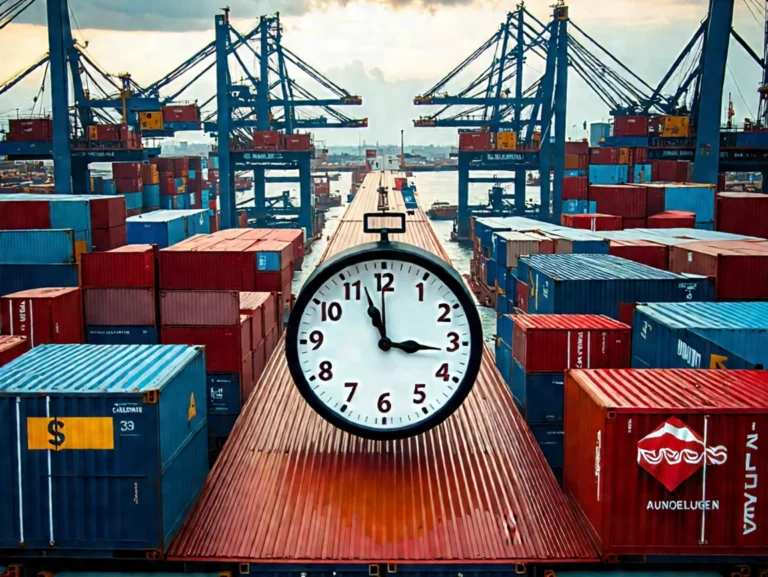Geopolitics: Why We Can’t Expect Things to Improve Anytime Soon
Description:
The world seems to be moving further and further away from the idea of ‘make love, not war.’ Conflicts continue to erupt everywhere, with no end in sight. Recently, the US Department of Defence has updated its Arctic strategy, as the Arctic is becoming a strategic area of competition between the world’s major powers. Experts predict that the Arctic could have its first ice-free summer by 2030. As the ice melts, new shipping routes will open up, and access to underwater resources will increase. With the melting of the Arctic ice, geopolitical tensions are rising as nations scramble to stake their claim in this resource-rich region.
How Will This Affect Me?
The escalating geopolitical tensions in the Arctic region could have a direct impact on me as a consumer. As new shipping routes open up, there may be changes to global trade patterns and supply chains. This could potentially lead to disruptions in the availability and pricing of goods that we rely on in our daily lives. Additionally, the increased access to underwater resources could also impact global energy markets, which could have implications for energy prices and availability.
How Will This Affect the World?
The intensifying competition in the Arctic region could have far-reaching consequences for the world. It could potentially lead to increased militarization of the region, as nations seek to protect their interests and assert their dominance. This could further exacerbate tensions between major powers and potentially escalate into a conflict with global implications. Additionally, the melting of the Arctic ice could have devastating environmental consequences, contributing to global sea-level rise and further exacerbating the impacts of climate change.
Conclusion:
In conclusion, the geopolitical situation in the Arctic is becoming increasingly complex and fraught with tension. As nations jockey for position in this resource-rich region, the potential for conflict and instability looms large. It is clear that we cannot expect things to improve anytime soon, and it will be important for world leaders to engage in meaningful dialogue and cooperation to prevent the escalation of tensions and ensure peaceful coexistence in the Arctic and beyond.




